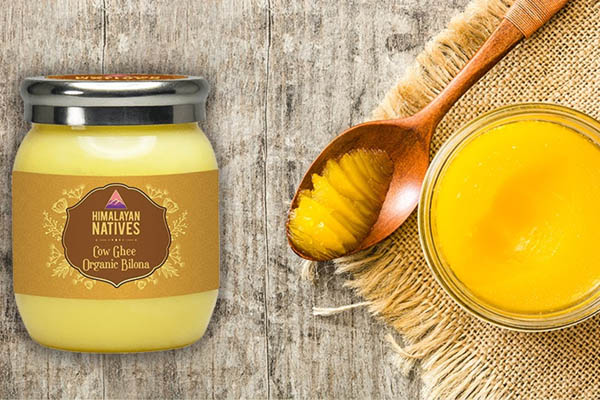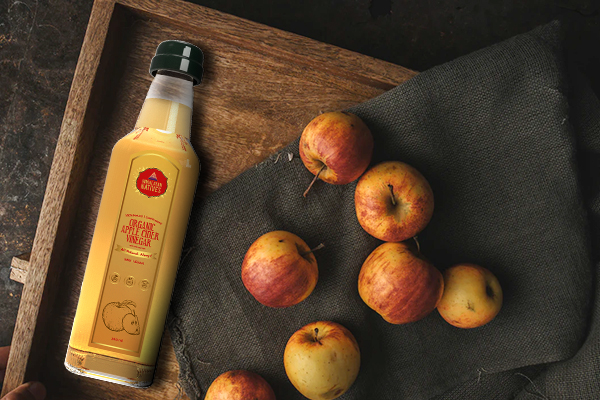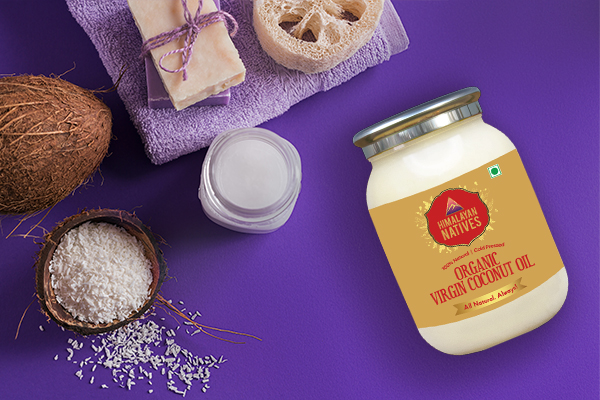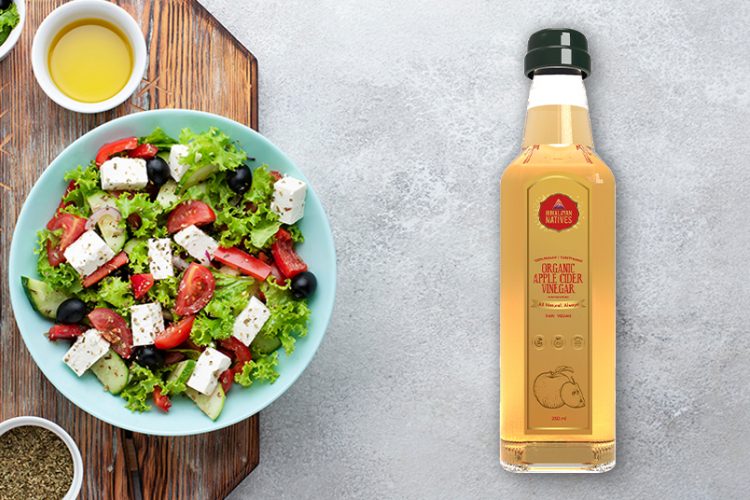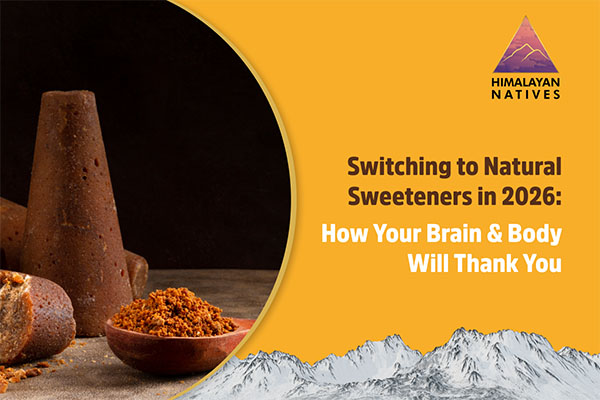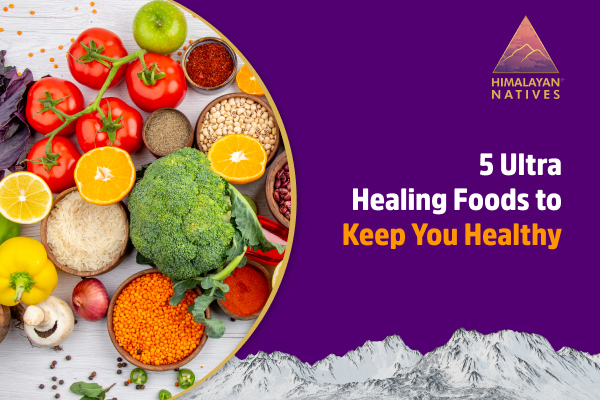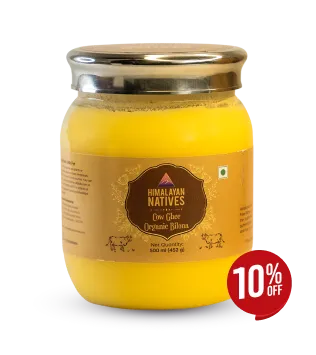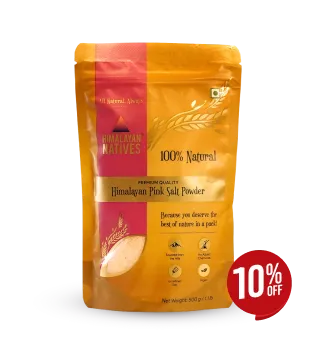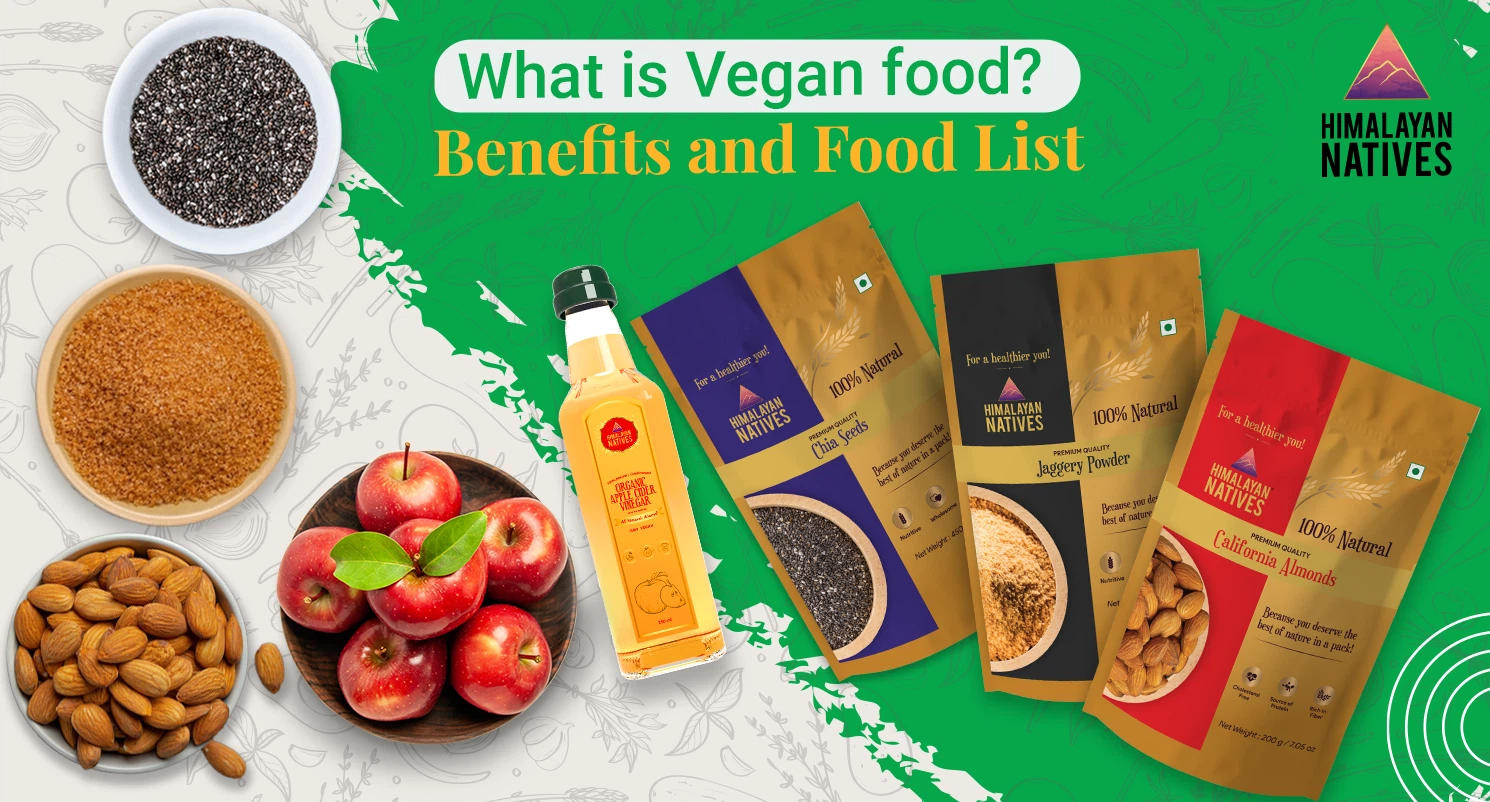
There is a lot of confusion around the term “Vegan food”. However, as veganism and vegetarianism are becoming increasingly popular, people are slowly getting the idea of it.
Even so, a lot of us need clarification on what is vegan and what is not, as well as the differences between vegan food and regular food.
A Vegan diet typically has plant-based foods and ingredients such as beans, grains, nuts, seeds and vegetables. It simply requires you to avoid animal-based products such as meat, poultry, fish and more.
Have you read this mindful quote by Joy Bauer, a health and nutrition expert that goes like this:
"A healthy diet is not about strict limitations, it's about feeling great, having more energy, and keeping yourself as healthy as possible."
What is Vegan Food?
Vegan products are simply foods that do not contain any animal by-products. These include meat, dairy, eggs, honey, and anything else that comes from animals. Vegans also avoid animal products such as gelatin and whey.
Vegan foods are usually plant-based, such as vegetables, fruits, whole grains, dry fruits and nuts, pulses and legumes, and seeds.
Vegans replace meat and dairy products with plant-based meat substitutes, such as tofu, tempeh, and seitan etc. and plant-based dairy substitutes such as almond milk, oat milk, and coconut milk.
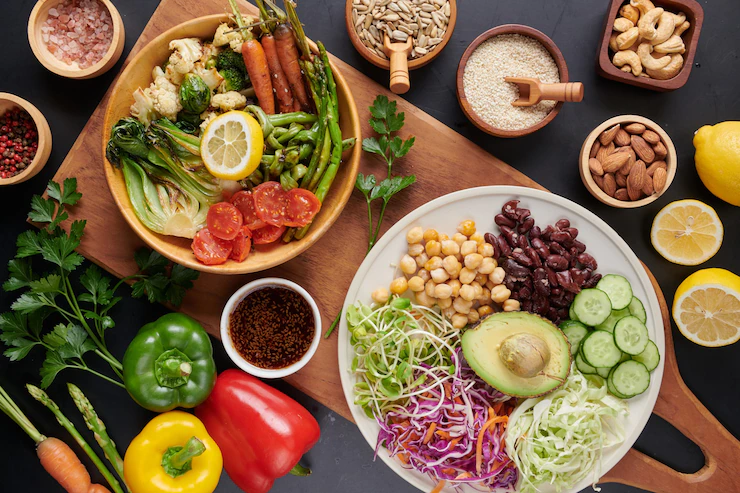
For a clearer understanding, let’s look at some of the Vegan and natural food products that are widely consumed in India and across the world.
Vegan Food Products you need to try!
1. Seeds
Chia seeds, roasted flax seeds, pumpkin seeds and more are incredibly versatile vegan food products. They are packed with protein, healthy fats, lots of fibre and a variety of essential vitamins and minerals making them a great plant-based alternative to animal products.
Plus, they are incredibly versatile and can be used in a variety of dishes, can be eaten on their own as a snack or sprinkled into salads, smoothies, or baked goods.
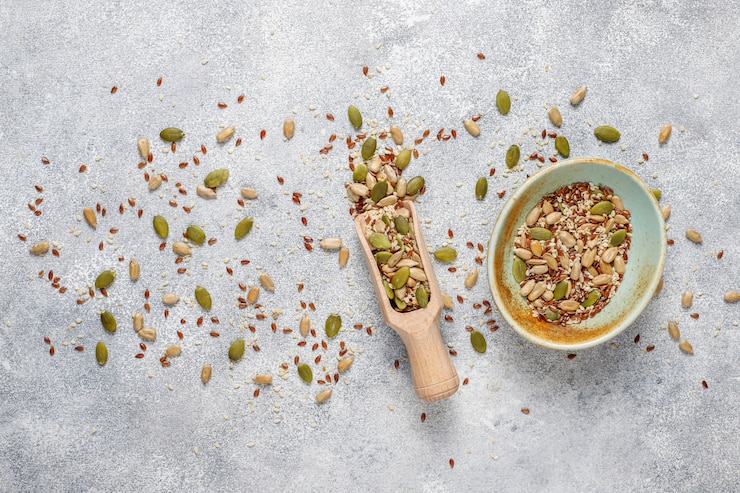
Try some of the best Edible Seed Options available in India from Himalayan Natives.
It is an excellent vegan food product, a natural sweetener, traditionally made from real fresh sugarcane juice. Jaggery powder is often made in India, Sri Lanka and some parts of South East Asia. It has a strong, sweet flavour that is especially popular in Indian cooking.
It is a great substitute for refined sugar and can be used in a variety of recipes. It is a healthy and natural alternative to processed sugars and can help boost your energy levels and provide important nutrients such as iron and magnesium.
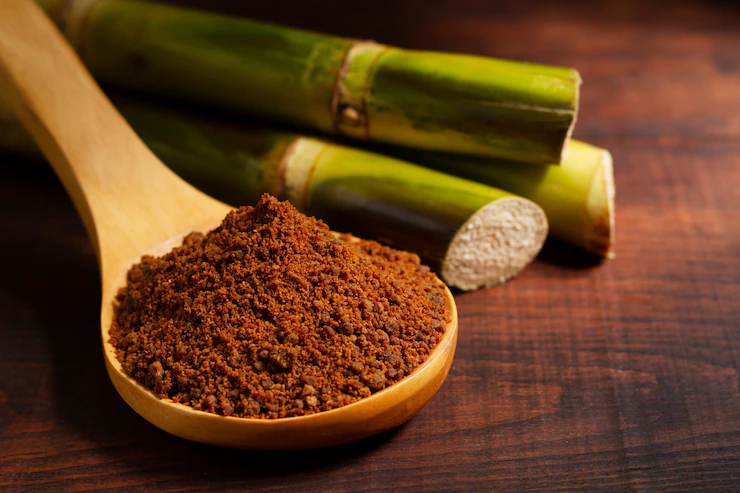
3. Apple Cider Vinegar: Apple Cider Vinegar is a vegan food product that can be used in many different ways. It is made from the fermented juice of apples and contains many vitamins and minerals. It is a great source of probiotics and can be used to create a variety of vegan dishes, such as salads, marinades, and dressings.
It is also an excellent alternative to traditional vinegar, as it has a milder flavour and can be used in recipes that require a more subtle flavour. It is a great way to add flavour and nutrition to vegan meals while still keeping them light and healthy.
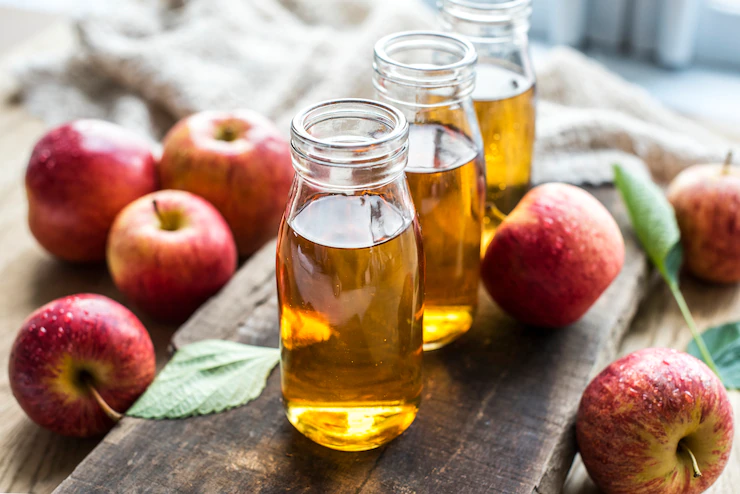
4. Dry Fruits & Nuts: These are also great vegan food products that can provide plenty of nutrition for a vegan diet. They are full of healthy fats, minerals, vitamins, and fibre. Dry fruits and nuts can be a tasty snack eaten raw or roasted, and they are a great way to add flavour, texture, and nutrition to a vegan diet. Also used for making vegan dairy alternatives like almond or cashew milk and cheese.
Some of the most popular and widely consumed Dry Fruits and Nuts in India are:
Almonds
Cashews
Pistachios
Golden Raisins
5. Organic Virgin Coconut Oil: It is an incredibly versatile vegan food product ideal for cooking, baking, and adding flavour to a variety of dishes. This oil is extracted from the white flesh of coconuts and is unrefined and unprocessed, meaning it contains no additives or chemicals. It is an excellent source of healthy fats, including lauric acid. It is also used as a moisturizer for skin and hair.
Used as a butter substitute as it has a high smoke point optimum for cooking and baking, with a light, buttery flavour that is loved in Indian recipes.
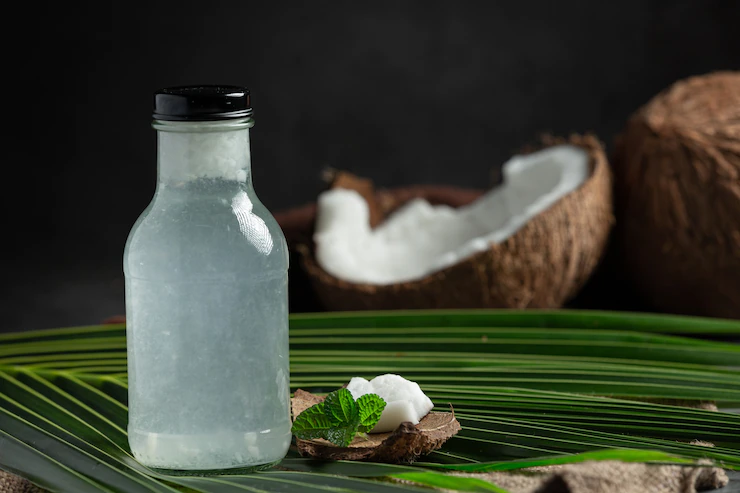
If your health concerns you, start incorporating vegan products that can be easily added to your daily healthy diet. Stick to a reliable and simple diet plan, and do not forget to get those from a trusted and natural foods product brand just like Himalayan Natives.
How to incorporate these vegan options into your daily diet?
Incorporating vegan and healthy foods into our daily diet is easy and delicious! Let us see how you can achieve that easily with no extra effort.
Start by swapping out animal-based proteins for plant-based proteins like beans, lentils, tofu, pulses, dry fruits and nuts.
Try to incorporate more grains and seeds into your meals.
Make one meal a day plant-based, and don’t forget to include healthy fats like nuts, seeds, avocados, and coconut oil.
Consider trying vegan versions of your favourite dishes or adding vegan substitutes like vegan cheese and yoghurt.
Finally, keep your pantry stocked with vegan staples like canned beans, nutritional yeast, and plant-based milk.
With a little creativity and a few simple swaps, you can easily enjoy a delicious and nutritious vegan diet!
If you are looking for a weight loss diet plan to reach your fitness goals this New Year, read this blog, Daily Meal Plan for Weight Loss: What Should You Include?
What are the health benefits of a Vegan diet?
Now, there are a number of health and other benefits of following a Vegan diet, if not the whole diet, just including this above list of natural foods will provide you with the following benefits:
Improved Heart Health: A vegan diet is high in fibre, antioxidants, phytochemicals, and healthy plant-based fats, all of which can help reduce cholesterol levels and improve overall heart health.
Lower Risk of Diabetes: Studies have shown that a vegan diet is associated with a lower risk of type 2 diabetes. This is likely due to the fact that vegan diets are typically high in fibre, low in saturated fat, and free of cholesterol.
Weight Loss: Research has shown that vegan diets are more effective for weight loss than other diets. This is likely due to the fact that vegan diets are typically high in fibre, low in calories, and free of animal products and processed foods.
Lower Cancer Risk: Studies have shown that a vegan diet is associated with a lower risk of certain types of cancer. This is likely due to the fact that vegan diets are typically high in fibre, low in saturated fat, and free of animal products and processed foods.
Reduced Environmental Impact: The production of animal products is associated with a higher environmental impact than the production of plant-based foods. Eating a vegan diet can help reduce your carbon footprint and help protect the environment.
We hope this blog will help you understand what differentiates Vegan food and regular food. With a high-protein vegan food list and simple ways to add them to your daily diet for balanced nutrition.
Just remember following a strictly vegan diet or not is totally upon you. There’s nothing wrong or right when choosing the perfect diet plan, the right one is the one that suits you particularly.
If you enjoyed reading this blog, and want to lean towards a healthier diet & lifestyle, follow us on Instagram for more such amazing health-related tips.
 HELPFUL0 people found it helpful
HELPFUL0 people found it helpful
Related Blogs
Subscribe to Our Blogs
and never miss on the latest update!







